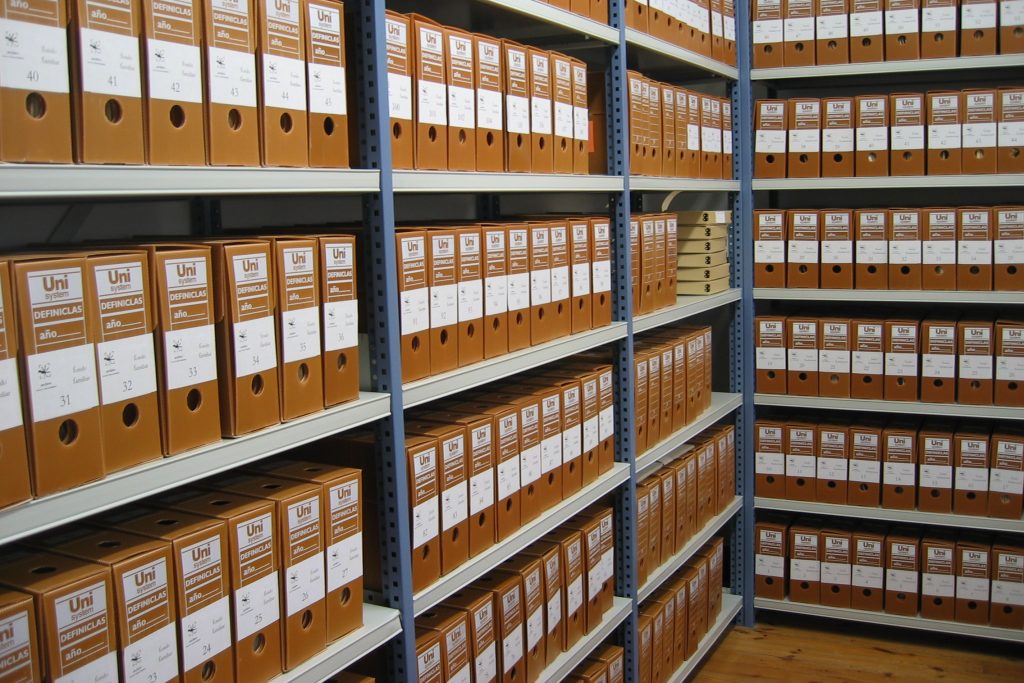- Client: European Commission - DG Climate Action
- Implementation period: September, 2016 - March, 2018 (Ongoing)
- Geographic coverage: European Union
- Theme: Climate Change
- Topic:
- Experts: Hans Bolscher, Frida Falkevik
What do Member States spend on climate finance for developing countries, and how could methodologies and reporting be improved?
Article 16 of the EU greenhouse gas Monitoring Mechanism Regulation (MMR) requires Member States to annually report on climate finance contributions for developing countries. Methodologies and reporting on climate finance have been under continuous development in recent years.
For the annual reports covering the years 2015 and 2016, we supported the European Commission in compiling, aggregating and analysing the reports of Member States on climate finance provided to developing countries. We highlighted current shortcomings and provided recommendations on improvements of the methodologies and transparency of international climate finance, both at EU level and under the UNFCCC. New elements concerning climate finance accounting that were discussed during the Conferences of the Parties (COPs) in respectively Marrakech (2016) and Bonn (2017) were assessed to see if the technical guidance under the MMR needed to be updated. Both studies were led by Oeko Institute, with support from Trinomics and Ricardo-AEA. The same consortium will compile and analyse the MMR reports under Article 16 for the years 2017 and 2018.

Objectives of the study were to:
- Compile and aggregate all Member States reports
- Assess the Member States’ reported information, identify shortcomings and opportunities for harmonisation as well as barriers, with the view to improving the technical guidance for reporting.
- Take stock of the developments in transparency of climate finance as part of negotiations under the UNFCCC, in particular to assess the potential implications for the EU’s reporting of climate finance.
The countries’ data submissions under the MMR obligation of Article 16 (search for ‘Financial and technology support provided to developing countries’) are available at the Eionet Central Data Repository.